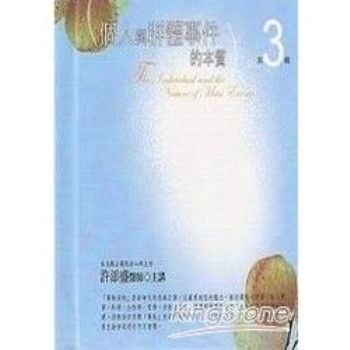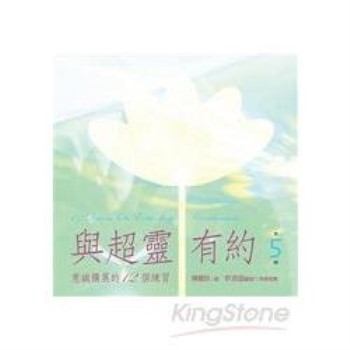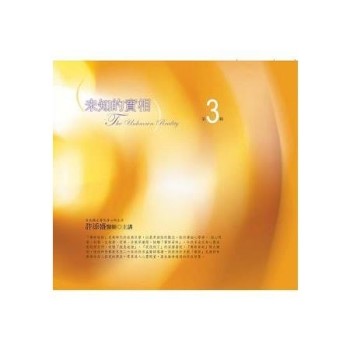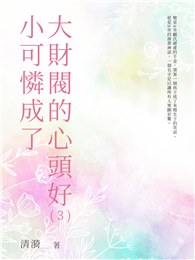How does a theatrical tradition emerge in the fields of dramatic writing and artistic performance? How can a culture in which theatre played no part in the past create a theatrical tradition in the modern world? How do political and social conditions affect the encounter between cultures, and what role do they play in creating a theatre with a distinctive identity? This volume attempts to answer these and other questions in the first in-depth study of the reception of ancient Greek drama in Israeli theatre over the last 70 years. Exploring how engagement with classical culture has shaped the evolution of Israel’s theatrical identity, it draws on both dramatic and aesthetic issues - from mise en scene to ’post dramatic’ performance - and offers ground-breaking analysis of a wide range of translations and adaptations of Greek drama, as well as new writing inspired by Greek antiquity. The detailed discussion of how the performances of these works were created and staged at key points in the development of Israeli culture not only sheds new light on the reception of ancient Greek drama in an important theatrical and cultural context, but also offers a new and illuminating perspective on artistic responses to the fateful political, social, and cultural events in Israel’s recent history.
| FindBook |
有 1 項符合
Between Jerusalem and Athens: Israeli Theatre and the Classical Tradition的圖書 |
 |
Between Jerusalem and Athens: Israeli Theatre and the Classical Tradition 作者:Yaari 出版社:Oxford Univ Pr 出版日期:2018-12-18 語言:英文 規格:精裝 / 14.6 x 22.2 x 3.2 cm / 普通級 |
| 圖書館借閱 |
| 國家圖書館 | 全國圖書書目資訊網 | 國立公共資訊圖書館 | 電子書服務平台 | MetaCat 跨館整合查詢 |
| 臺北市立圖書館 | 新北市立圖書館 | 基隆市公共圖書館 | 桃園市立圖書館 | 新竹縣公共圖書館 |
| 苗栗縣立圖書館 | 臺中市立圖書館 | 彰化縣公共圖書館 | 南投縣文化局 | 雲林縣公共圖書館 |
| 嘉義縣圖書館 | 臺南市立圖書館 | 高雄市立圖書館 | 屏東縣公共圖書館 | 宜蘭縣公共圖書館 |
| 花蓮縣文化局 | 臺東縣文化處 |
|
|
圖書介紹 - 資料來源:博客來 評分:
圖書名稱:Between Jerusalem and Athens: Israeli Theatre and the Classical Tradition
|











